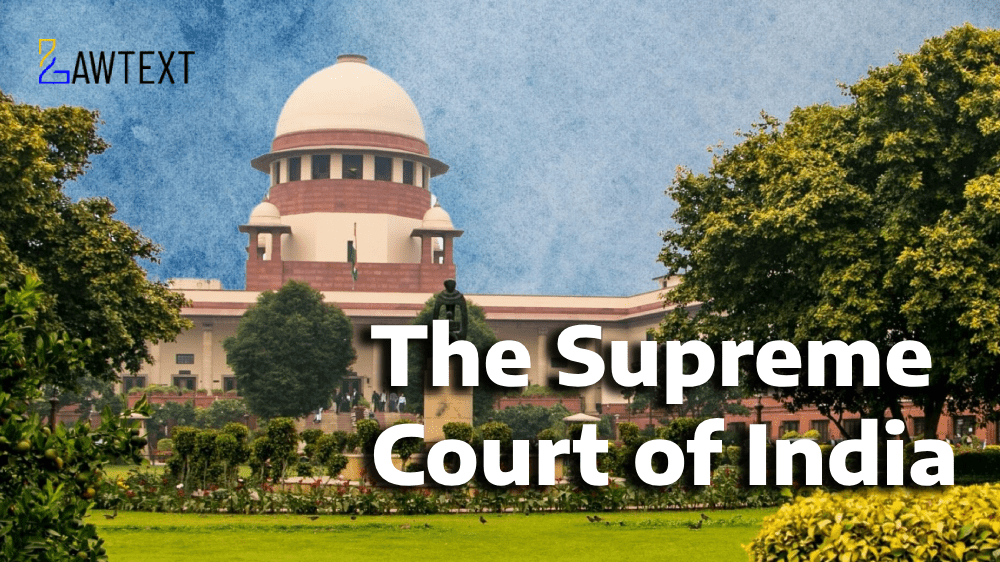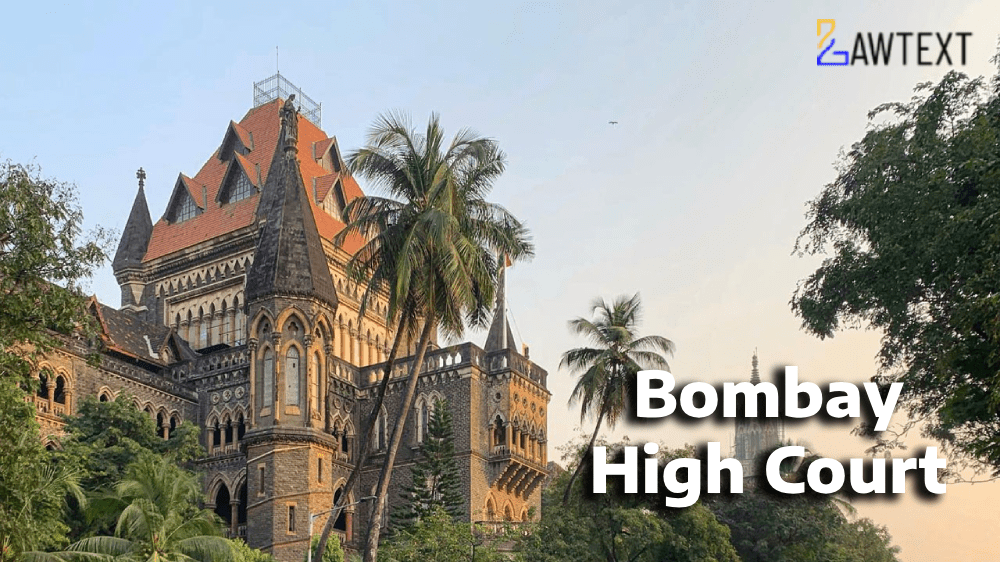Case Note & Summary
Appeal arising from a judgment passed by the High Court of Punjab & Haryana on April 5, 2022, in a criminal case involving the appellant accused of offenses under the Indian Penal Code. The appeal seeks to challenge the rejection of a petition to quash the chargesheet filed against the appellant. The charges stem from a First Information Report (FIR) filed by the wife of the appellant, alleging harassment, dowry demands, physical and mental trauma, and extramarital affairs.
legal case involving matrimonial discord and subsequent criminal proceedings. It outlines submissions made by counsels representing both parties and provides an analysis of the case by the court. The central question revolves around whether the criminal proceedings should be quashed.
Overall, the court appears inclined towards quashing the criminal proceedings due to vague allegations, delay in filing the FIR, and the broader context of increasing matrimonial disputes and potential misuse of legal provisions.
1. Background and Appeal: The appeal arises from the judgment of the High Court rejecting a petition to quash the chargesheet filed against the appellant, the sole accused, under various sections of the Indian Penal Code. The charges were based on an FIR filed by the appellant's wife, alleging harassment and dowry demands.
2. Factual Matrix: The FIR, dated April 9, 2021, details the allegations made by the wife against the appellant and his family. It describes incidents of dowry demands, harassment, physical abuse, and extramarital affairs by the appellant. The wife alleges mistreatment and pressure to fulfill dowry demands, including demands for a car and jewelry.
3. Allegations Against the Appellant: The FIR accuses the appellant of alcoholism, physical abuse, and having an extramarital affair. It alleges that the appellant and his family members harassed the wife for dowry, despite substantial expenses incurred during the marriage.
4. Police Investigation and Chargesheet: Following the FIR, the police conducted an investigation and filed a chargesheet against the appellant. The chargesheet resulted in a criminal case in the court of Judicial Magistrate, Hisar.
5. High Court Judgment: The appellant sought to quash the criminal proceedings in the High Court, but the petition was rejected. The High Court observed that the allegations, if proven, constitute offenses, and the case did not fall within the category warranting the quashing of charges under Section 482 of the Cr.P.C.
6. Submissions on Behalf of the Appellant: The appellant's counsel argued that the FIR was filed with an ulterior motive and lacked specific allegations against the appellant. They highlighted delays in filing the FIR and alleged vengeance by the wife due to legal proceedings initiated by the appellant.
1. by First Informant/Respondent No. 2:
· Allegations of continuous demand for additional dowry and physical abuse by the appellant and his family.
· Appellant stopped financial support and basic facilities after filing divorce petition.
· Accusation of appellant's extramarital affair.
· Claim that domestic violence case against the first informant is frivolous.
2. Submissions by State (Respondent No. 1):
· Police conducted a fair investigation resulting in chargesheet against the appellant.
· Charges dropped against other accused due to lack of evidence.
3. Court's Analysis:
· Marriage history: Couple married in 2008, lived together for over a decade, and had a child in 2012.
· Divorce petition filed by appellant in 2019 but later withdrawn due to logistical difficulties.
· Domestic violence case filed by appellant's mother in 2020.
· Evaluation of FIR and chargesheet: Allegations vague and lacking specific instances of criminal conduct.
· Delay in filing FIR: Filed nearly 2 years after divorce petition and 6 months after domestic violence case.
· Judicial discretion under Section 482 of the Cr.P.C.: Should be exercised sparingly and only when justified by specific criteria.
· Criteria for quashing proceedings: Citing R.P. Kapur v. State of Punjab, various scenarios where quashing is justified are outlined.
· Importance of scrutiny in matrimonial cases: Observations from Preeti Gupta v. State of Jharkhand highlight the need for careful consideration due to increasing matrimonial disputes.
· Critique of arrest in matrimonial disputes: Citing Arnesh Kumar v. State of Bihar, the court emphasizes the need for caution in arrests in cases like these, highlighting the potential for misuse and societal implications.
Matrimonial disputes in criminal proceedings, particularly concerning the involvement of family members based on mere casual references in FIRs.
Casual Reference in FIR The court highlighted that the inclusion of family members in matrimonial disputes without active involvement may not justify taking cognizance against them. It cited a tendency to involve entire families, especially soon after marriage, and emphasized the need for a cautious approach.
Judicial Precedents The court referenced past cases to support its stance, notably G.V. Rao v. L.H.V. Prasad and B.S. Joshi v. State of Haryana, highlighting the need for courts to discourage unnecessary litigation in matrimonial disputes.
Cognizance of Offences While the respondent and state argued for the court to leave the truthfulness of allegations to the trial court, the judgment advocated for a more liberal application of Category 7 under Section 482 of the Cr.P.C., especially when there's an apparent ulterior motive.
Abuse of Process The court warned against allowing criminal proceedings to continue if they appear to be an abuse of process or a travesty of justice, stressing the importance of courts' duty to scrutinize cases carefully.
Recommendations to the Legislature The judgment urged the legislature to reevaluate Section 85 and 86 of the Bhartiya Nyaya Sanhita, 2023, considering the pragmatic realities and the need for necessary changes to prevent misuse of legal provisions.
Conclusion The court allowed the appeal, setting aside the impugned judgment and quashing the proceedings, while directing the registry to send a copy of the judgment to relevant government officials for consideration.
This case serves as a significant precedent in addressing the complexities surrounding matrimonial disputes and the role of the judiciary in preventing abuse of legal processes.
Issue of Consideration: ACHIN GUPTA VERSUS STATE OF HARYANA & ANR.
Premium Content
The Issue of Consideration is only available to subscribed members.
Subscribe Now to access critical case issues





